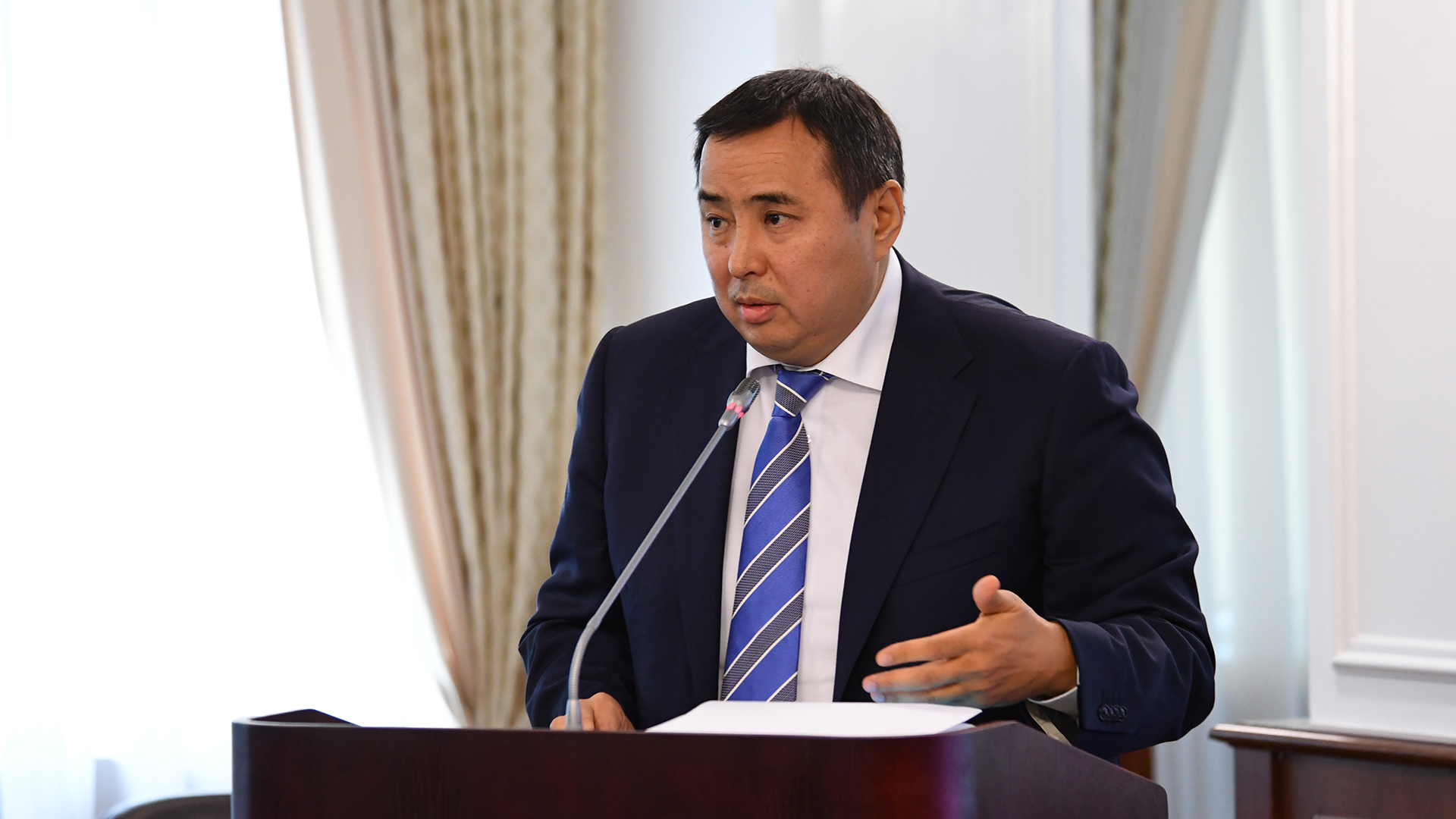NUR-SULTAN – Kazakhstan implemented 1,666 projects over the past 11 months as part of the nation’s Economy of Simple Things program designed to boost domestic production of goods and services used by consumers on a daily basis, said Atameken National Chamber of Entrepreneurs Chair Ablai Myrzakhmetov.

Ablai Myrzakhmetov. Photo credit: primeminister.kz
The net worth of approved projects amounted to 696 billion tenge (US$1.6 billion).
“Overall, 85 percent of the projects are functioning but require expansion and modernization. The remaining 15 percent are new projects. The regions leading in new projects are the Turkestan, Kostanai and the East Kazakhstan regions. Almaty, Shymkent and the Zhambyl region are making progress as well. In the Kyzylorda and Atyrau regions, indicators still, sadly, remain low. So despite the positive results, we still face some challenges,” said Myrzakhmetov.
One trillion tenge (US$2.38 billion) was allotted for the program, which was spread across four key areas. Some 400 billion tenge (US$953.2 million) were used for manufacturing and services, 300 billion tenge (US$714.9 million) for agriculture processing, 270 billion tenge (US$643.4 million) for agricultural production and 30 billion tenge (US$71.5 million) for spring field harvesting.
Kazakh Minister of the National Economy Ruslan Dalenov said that the output produced by industries in the program grew from 8.9 trillion tenge (US$21.2 billion) in 2018 to 10.1 trillion tenge (US$24 billion) in 2019. The growth has continued this year.
“The share of imports is decreasing due to increased output of ready and processed goods. The share of Kazakhstan-made products in consumption is growing. In 2020, the share of domestic production increased by 2.5 percentage points. Production of food, construction materials, light industry products, furniture, machinery and equipment has increased,” said Dalenov.
To extend the support provided by the program, the amount of state financial guarantees was increased, and the time needed to issue guarantees was halved with guarantees now available for projects in agriculture.
Dalenov also said that the program will be extended until the end of 2021, but has not disclosed the amount of funding to be provided for the next year.
